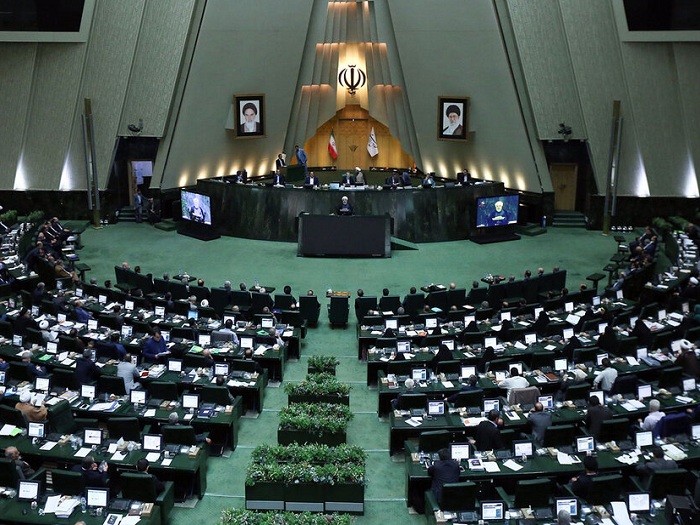Haste in passing a trade bill banned!

The previous parliament passed the trade bill without even a page of expert report on the economic aspects of the trade bill, and it is not possible to change the mother laws, such as the trade law, without having a comprehensive and multidimensional view.
According to the International Iranian Stone Exhibition, perhaps the first time the trade law was passed in 1911, no one thought that this law would be implemented in the country for nearly 90 years and despite some amendments, the main structure of the trade law will be the same as in the parliament. Nationally approved.
Of course, it should be said that since the early 1980s, the eighth government brought together a group of lawyers and representatives of various administrative bodies to write a new law on trade. This proposed law, now known as the Trade Bill, was finally submitted to the Islamic Consultative Assembly in 2005. It was approved several times in the parliament by the vote of the members of the parliament and sent to the Guardian Council, but each time it was challenged by Article 85 of the Guardian Council and returned to the parliament.
The last return of the trade bill to the parliament
The last time the trade bill came to the parliament was in August of last year, and 400 of its more than 1,200 articles were approved and sent to the Guardian Council, but this time, as before, it was challenged by the Guardian Council.
In this regard, Hadi Tahan Nazif, a member of the Guardian Council, said that the reason for the Guardian Council's objection to the trade bill was that the bill was incomplete and that the Guardian Council objected to Article 74 of the bill. Accordingly, the trade bill was returned to parliament to be amended by members of parliament.
The ambiguity of the status of the trade bill in the parliament
With the return of the trade bill to the parliament, various whispers were expressed about the end of the trade bill in the parliament. In the meantime, some believed that the trade bill, in addition to formal changes in terms of content, has also changed compared to the original government bill, and in this regard, even if the parliament addresses the formal objections of the trade bill, it will still face Article 74 of the constitution. . Javad Motamedi, a lawyer, says: "Legally, the trade bill is neither a government bill nor a parliamentary bill, and the text that the parliament sent to the Guardian Council has not undergone any legal formalities."
After a few months of the 11th parliament and the ambiguity in the status of the trade bill, it finally became clear that the responsibility for reviewing the trade bill has been entrusted to the Committee on Public and International Law in the Parliamentary Judiciary and Legal Commission. The trade bill has begun.
In this regard, Seyyed Javad Hosseini Kia, the representative of the people of Kermanshah in the Islamic Consultative Assembly, said about the latest status of the trade bill: "Currently, there is a good capacity in the assembly to amend the trade bill. "The Guardian Council has raised objections to the bill, which will definitely be considered by the parliament's economic and legal commissions."
"The trade bill must be carefully considered because it has different legal, economic and commercial dimensions," he added.
"We invite all experts to assist the parliament in re-examining the trade bill," he said. The task of reviewing the trade bill should not be hasty. "Criticism was leveled at the previous parliament for the hasty approval of the trade bill, which certainly will not be the case in the 11th parliament."
The need to pay attention to the economic dimensions of the trade bill
According to Hosseini Kia, it seems that the work of reviewing the trade bill in the 11th parliament has started with a different approach from the 10th parliament, and as it has been announced, the deputies intend to take a comprehensive look at the economic and commercial dimensions of the trade bill. Examine the bill.
Meanwhile, Hosseini Kia's remarks are important for examining the economic dimensions of the trade bill in the sense that the 10th parliament, regardless of the economic dimensions, approved the trade bill and did not pay attention to the fundamental role of the economy in the trade law. In the open court of the parliament, there was not even a single page of expert report examining the economic dimensions of the bill.
Are the delegates amending the trade bill with a new approach?
The determination of the deputies to determine the task of the trade bill in the 11th parliament, although it is considered a positive step, but what is important in drafting the mother laws is to avoid haste and to have a comprehensive view of all aspects of plans or bills. Accordingly, we have to wait and see whether the trade bill in the 11th parliament will be considered with the approach of the 10th parliament or, as the deputies have stated, it will be examined with a comprehensive look at all its dimensions.










